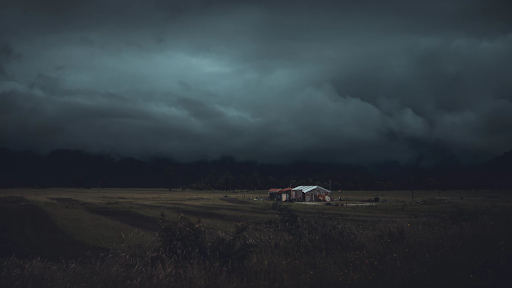Disaster is coming. Are you prepared for it? Natural disasters including severe storms and powerful earthquakes are becoming more common around the globe. What you do now to prepare for them could make the difference between life and death.
Here are five ways you can get yourself and your home ready now to survive the next storm or natural disaster.
Knowing Your Risk
The first step in preparing for disasters and storms is to know the risks in your area. If you live on the West Coast, earthquakes are serious threats in most areas. Those along the Gulf should be concerned with hurricanes and floods, while people living in Midwest areas like Wisconsin need to know what to do when a significant snow event is headed their way. Having this information will help you to prepare for the disasters likely to strike in your area, but these maps are not definitive.
Staying Safe During Storms
A little rain and thunder can be nice. When storms turn violent, however, they can be life-threatening. Danger comes in the form of heavy rain, wind damage and even lightning. It’s estimated that at least 867,000 people are affected by thunderstorms every year with lightning accounting for at least 300 injuries and roughly 60 fatalities. Before a storm strikes, learn what dangers could be ahead for you and your family. Stay updated with current weather reports on a daily basis, so you’ll know if there is a risk for storms or other disasters. It’s also helpful to have a NOAA weather radio nearby and to know how to check for storm alerts from your phone.
Keeping Yourself Safe
During a storm, fire or earthquake, your first priority should be to keep you and any family members safe. You can visit ready.gov to get your family ready to survive the next natural disaster. You’ll pick up tips like avoiding walkways and roads that are covered in water and finding the safest spot to shelter in place from a tornado.
Getting Your Home Ready
During a snowstorm, earthquake or other crisis, you may be confined to your home for an extended period of time. Essential services such as power and water may be limited or cut off altogether during a disaster, so make sure you have what you need to survive. FEMA offers several checklists and toolkits to help you prepare any home or business for a disaster with an emergency kit of supplies. From canned goods to a flashlight to duct tape, having certain items on hand can help you stay safe and healthy during a storm. Be ready with a supply of nonperishable foods and bottled water as well. Municipal water sources can be contaminated during storms and disasters and might take weeks to get cleaned up again.
It’s also a good idea to take care of any repairs that could cause a problem during severe weather. For example, if you have a cracked or damaged window, now’s a good time to get that addressed so the problem doesn’t worsen during a storm. Additionally, take a good look at your lawn and take care of any concerns you encounter. If a dead or dying tree poses a threat to your home, call in a professional tree removal service to take care of that issue before it becomes a more serious problem.
Planning Your Escape
If a storm is headed your way, escaping might be your best option. Make sure that you have time to get out of the path of the storm, and that moving to another shelter is the safest plan for you. If you live in a mobile home or a house with a weak foundation, winds from tornadoes and microbursts can be dangerous. Even after a disaster like an earthquake or flood, you may need to get out of your home quickly to escape further damage. With this in mind, make sure your gas tank is always filled up. Keep a “go bag” with essential items including clothing, medications and a first-aid kit in your house at all times. Include a cell phone charge as well and phone numbers for local emergency services.
A storm or disaster can strike without warning. Be prepared for whatever happens by putting together a plan and getting ready now while you still have a chance.
Photo Credit: Unsplash

